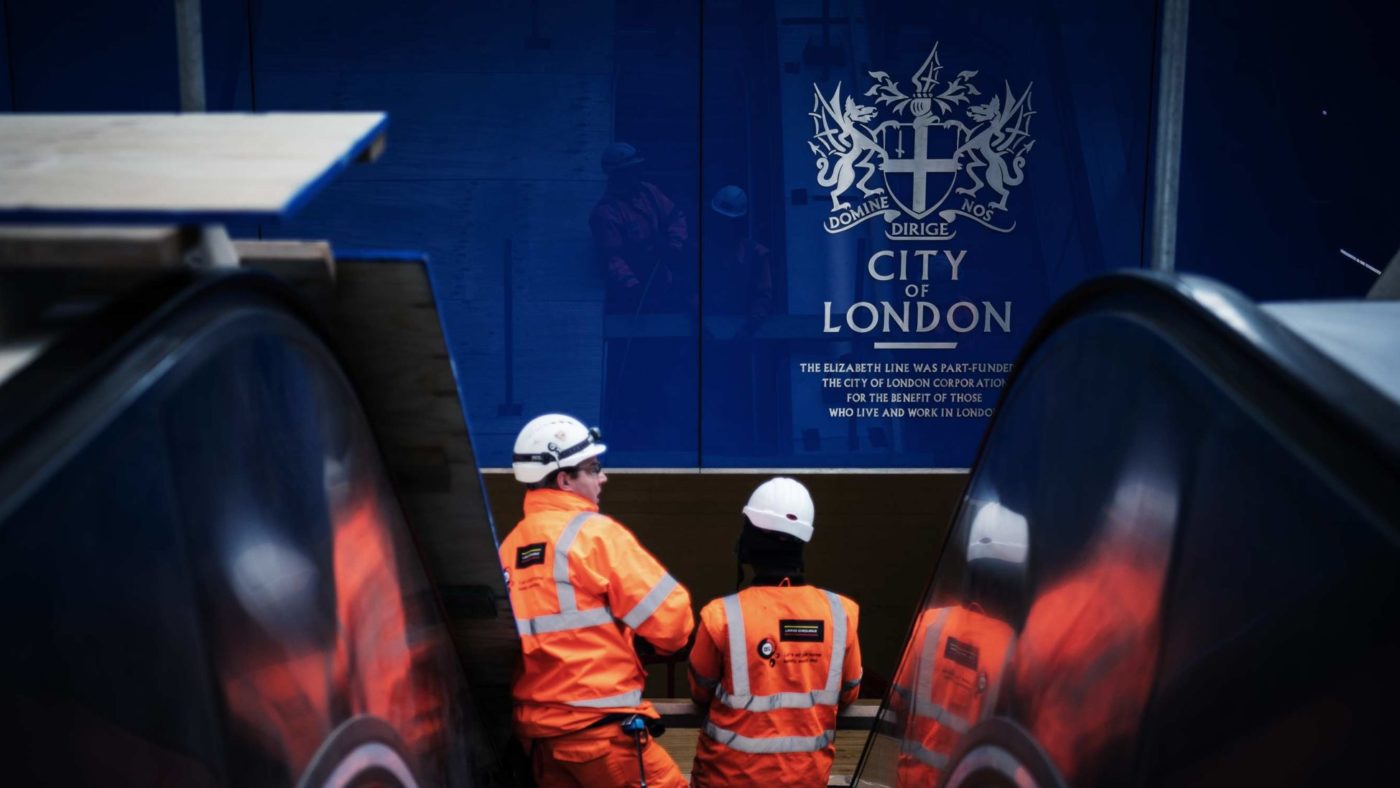Tackling regional inequality across the UK will be a central theme in this week’s Budget. The Conservative Party’s 2019 manifesto commits the Government to “invest thoughtfully and responsibly in infrastructure right across our country in order to increase productivity and wages” and to do so “prudently and strategically to level up every part of the United Kingdom”.
We know that the Government will, quite rightly, be seeking to boost infrastructure investment in the regions, including in the so-called ‘Red Wall’ seats across the Midlands and the north of England. But we must remember that ensuring London continues to succeed as a global capital city will be crucial to achieving these aims.
Maintaining the performance of the existing transport network in London will be essential in ensuring the capital remains an attractive place to invest and, in turn, continues to produce large tax revenues. It is estimated that London’s net contribution to the UK is over £30bn a year – money that the Treasury will certainly need for its levelling up agenda.
Nor does all of the money for London’s infrastructure come from the government coffers. For example, industry in the capital is paying around a third of the cost of the Crossrail scheme.
But that doesn’t mean central government should step back from supporting the capital either. It must commit adequate funding towards new transport projects, such as Crossrail 2, as well as stabilising TfL’s capital grant, which currently comes from locally raised business rates, but is only guaranteed until 2021.
The National Infrastructure Assessment highlighted that delivering both Crossrail 2 and sufficient funding for TfL’s long-term needs is perfectly possible within the envelope of the public sector spending 1.2% of GDP on infrastructure – a target that, based on the Government’s current pronouncements, is likely to be exceeded.
The exact balance between local and national funding for London’s transport needs is still to be determined. The city will likely pay for a greater proportion of its transport pipeline in future. Subject to reasonable grant funding from central government, this is not necessarily a problem, but it does mean that London will need the tools to raise that money itself.
A study by engineering firm Arup has estimated that current mechanisms would leave a funding gap in London’s transport pipeline of a whopping £32bn by 2041. And many existing mechanisms are not properly targeted to make sure those who benefit from new schemes pay their fair share of the costs. So, London needs additional tools to raise funding from local sources in a more equitable way – and this would help other regions, too.
If London were to become more self-sufficient in this area, it would help free up resources for other priorities and the capital could act as a “test-bed” for new funding mechanisms, which, if successful, could be rolled out to other parts of the UK. Fiscal devolution is one route this could be delivered, potentially devolving all property taxes and reducing central government grant to ensure fiscal neutrality – something proposed by the London Finance Commission, established when Boris Johnson was Mayor of London.
Other City Regions have different devolution frameworks to London and the Government will, quite rightly, want to enhance local decision-making in other parts of the UK. But that should not mean ignoring the need for devolution in London. Indeed, if delivered in parallel to devolution across the country, giving London more autonomy could be a key part of the government’s levelling up agenda, freeing up more resources for other priorities.
It is vital that productivity and opportunity is increased across the nation. But the economic health of the UK’s regions will not improve by the Treasury starving London of the funds necessary to ensure that its transport network keeps up with expected growth. Nor should the “levelling up” agenda act as a barrier to giving London additional tools to help raise money locally to fill its transport funding gap. The rest of the UK is, after all, the capital’s most important trading partner. That’s something the Government should keep in mind as the Budget approaches.
Click here to subscribe to our daily briefing – the best pieces from CapX and across the web.
CapX depends on the generosity of its readers. If you value what we do, please consider making a donation.


